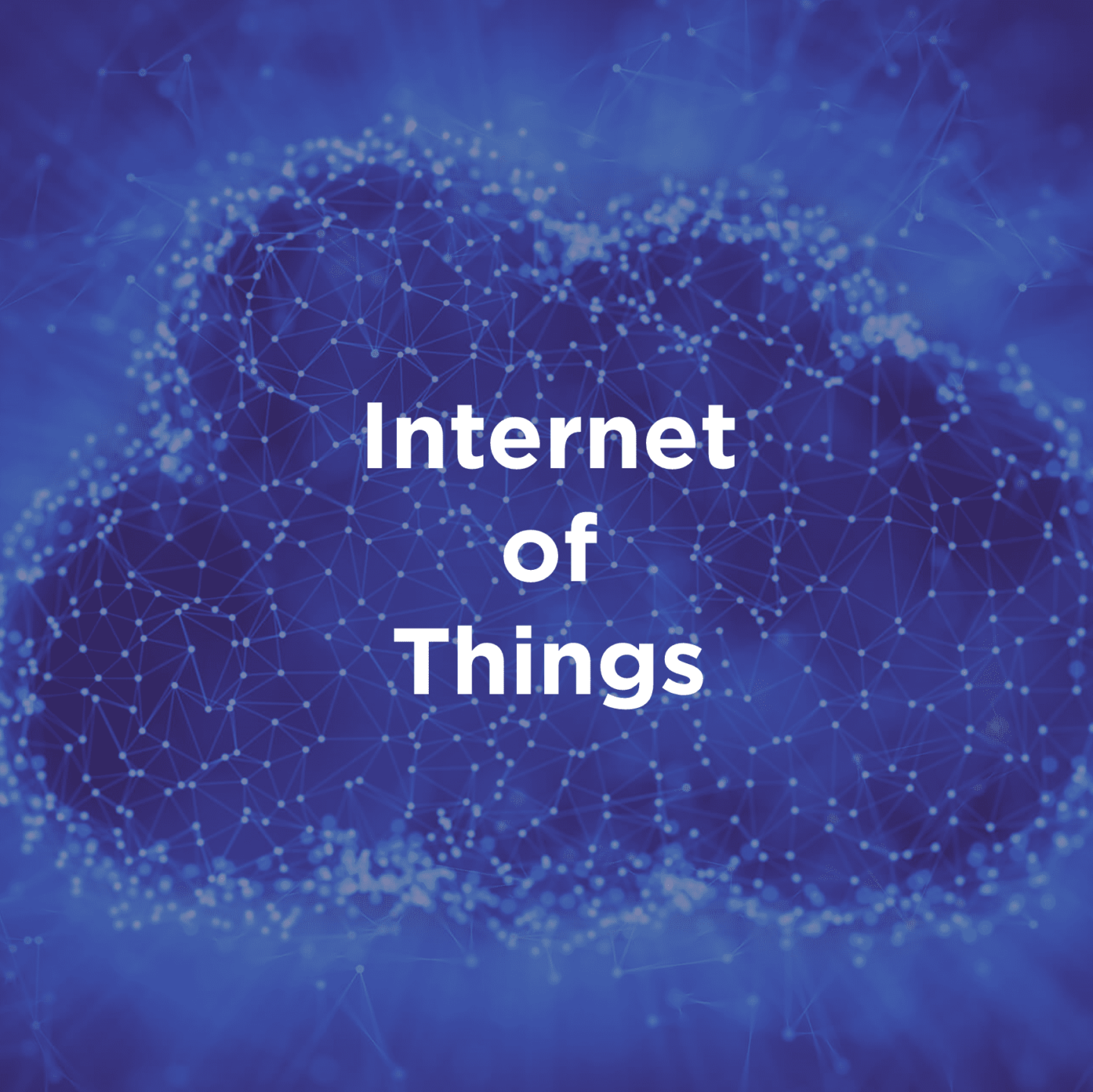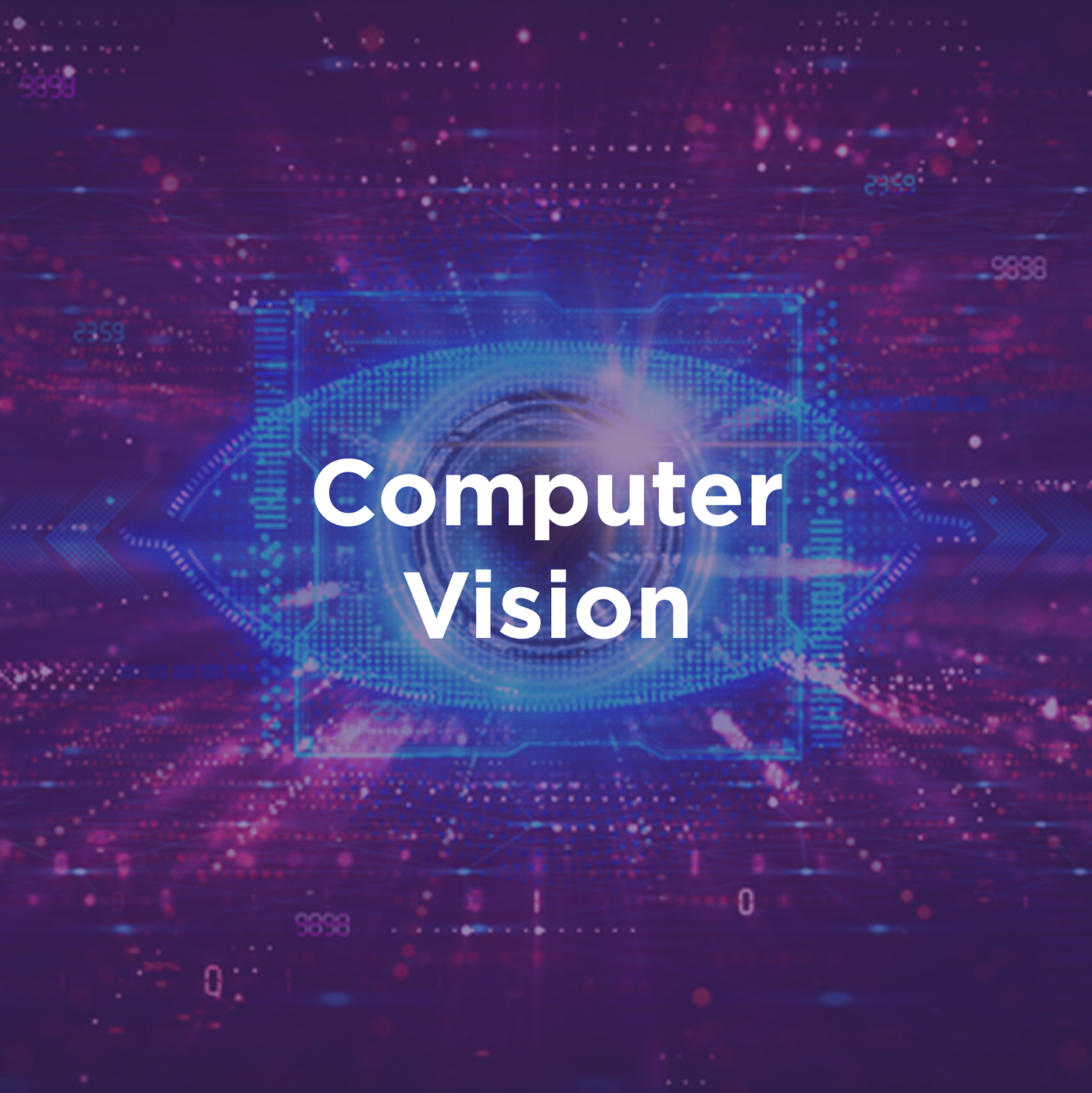Industry 4.0 raises new challenges for industrial companies
Driven by the emergence of new technologies, Industry 4.0 refers to a new generation of connected, robotized and intelligent factories. With the digital revolution, the boundaries between the physical and digital worlds are blurring to bring to life an interconnected factory 4.0 in which employees, machines and products interact.
Industry 4.0 is a challenge and a real opportunity for our industrial customers, as it allows us to address issues related to:
- Improvement of performance and quality
- The management and optimization of energy consumption, a key factor in competitiveness
- Reduction of environmental impact
- Increased demand for transparency from consumers
Various use cases based on cutting-edge technologies
Industry 4.0 projects result in a wide range of use cases, from predictive maintenance to traceability and automatic defect detection.
These initiatives rely on an ecosystem of digital technologies. To name a few:
We support you in your IoT and Industry 4.0 projects, from scoping to landing
Our consultants are mobilized to assist you in the implementation of an enterprise architecture focused on data and its ability to circulate in a fluid and secure manner.
They take action around 3 major areas of expertise:
We strive to detect and challenge high value-added use cases through:
- Identification and prioritization of initiatives
- Alignment with strategic ambitions
- Realization of business cases, POC (Proof Of Concept), etc.
- Development of the target and the roadmap for the business transformation
We support the implementation of an adapted technological base:
- Architecture definition
- Make or Buy studies
- Sourcing of technical bricks
- Master data management
- Blueprints
- Redefinition of operating modes around industrial IT, organization, skills, and OT/IT convergence models
- Choice and implementation of data platforms
We make sure to transform the organization and ensure the adoption and operation of new services with:
- The definition of operational models
- The development of a change management strategy
- Training
- Communication





